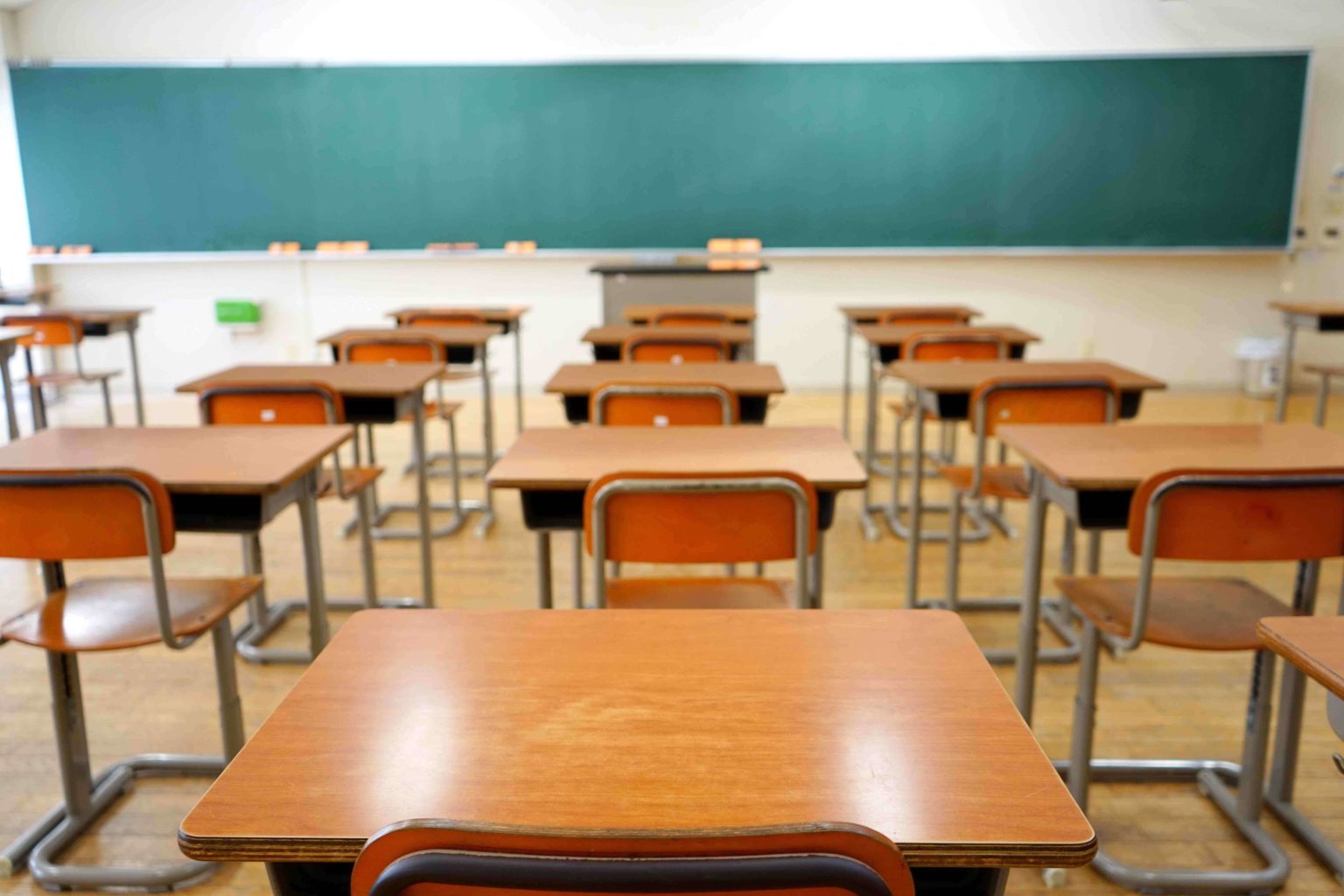Education Above All Foundation partners with various organisations to support 100,000 out-of-school Nigerian children to enhance access, quality, and inclusivity in education as part of broader efforts addressing global educational challenges.
Some 100,000 out-of-school Nigerian children, including girls and children with disabilities, are to be supported through a new partnership between Qatar’s Education Above All (EAA) Foundation and various partners under the Reaching Out-of-School Children in Kaduna State (ROOSC) project.
The partners joining hands with the Qatari entity include, the Islamic Development Bank and Islamic Solidarity Fund for Development, the Global Partnership for Education, and Save the Children, the Kuwait Fund for Arab Economic Development and the Kaduna State Ministry of Education.
Insufficient funding, poor infrastructure, a shortage of trained teachers, and limited access have contributed to a staggering statistic in Nigeria: according to data from the Kaduna State Bureau of Statistics in 2020, an estimated 535,353 children in the state were out of school, placing Kaduna among the states with the highest number of OOSC in Nigeria.
Over the course of four years, the partnership will focus on four key objectives: enhancing access and retention, improving the quality of teaching and learning, creating conducive learning environments, and strengthening education management.
To achieve these aims, the project, promoted by support from the Qatar Fund for Development (QFFD), will be structured into five components, delivering interventions such as community mobilisation, teacher training, quality assurance, flexible learning opportunities, psychosocial support, child protection, and the provision of teaching materials.
CEO of EAA Foundation Fahad Al Sulaiti emphasised the importance of collaborative partnerships in driving educational transformation: “Strong partnerships that deliver relevant and effective interventions are the pillars that will build the pathway to educational transformation in Nigeria.
“By joining forces, we can provide children with the opportunity to thrive and grow towards a brighter future through equitable and inclusive education,” he added.
CEO of Save the Children Inger Ashing emphasised the critical importance of education for children’s wellbeing and future, saying that “we are honoured to work with all the partners involved to ensure that even in the most difficult circumstances, children can fulfil their right to a safe, inclusive and quality education.”
Just late April, EAA and the United Nations Refugee Agency (UNHCR) signed a five-year agreement aimed at providing more refugees and out-of-school children with access to education.
The Qatari entity announced the agreement following the success of a previous one that enrolled more than 1.6 million children across 14 countries in schools since 2012.
The number of out-of-school children and youth increased by six million between 2021 and 2023, reaching a total of 250 million, according to UNESCO.
In the Middle East and North Africa, there are nearly 15 million out-of-school children, aged between five-to-14, according to UNICEF. At least 10 million others in the region are at risk of dropping out of school mainly due to conflict.
This figure has likely gone up amid the ongoing Israeli genocide in Gaza, which forced the population to suspend an entire academic year.
Since the beginning of the war on October 7, 2023, Israel directly hit 274 school buildings, representing 48.7 percent of Gaza’s school buildings, according to a joint report by UNICEF, Save the Children and Education Cluster on April 25.
Meanwhile, over 7,441,256 beneficiaries across Asian countries have benefitted from joint EAA and QFFD ventures in providing quality education.







